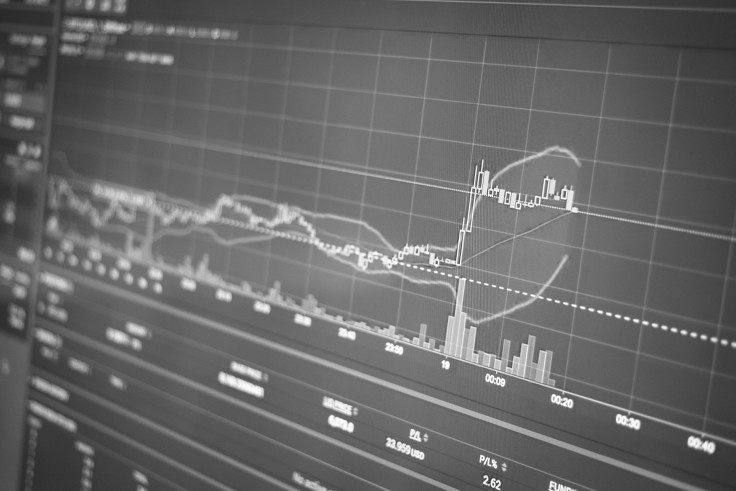Interest rate rose but so did the demand for steel as the British pound fell against the dollar
S&P 500 sheds 2%, FTSE 100 is expected to open lower, while the UK has seen the British pound fall against the dollar as the government negotiates with the striking public sector.

Concerns about rising rates and the expected new volatility caused many in the market to sell their stocks. Rising interest rates caused the S&P 500 to decline by 0.2% while the Dow Jones Industrial Average declined by 0.3%.
According to a recent report by Susannah Streeter, head of money and markets at Hargreaves Lansdown, stocks in Asia are currently falling and the FTSE 100 is expected to open lower.
However, the fear of interest rate hikes is not over yet and there is a possibility that the FED may have to raise them three times in a short time period due to high inflation.
"High hopes that the Federal Reserve could cut rates by the end of the year have been dashed, replaced by worries that up to three hikes in quick succession may be needed to tame the price spiral," said the head of money and markets at Hargreaves Lansdown.
Thanks to increased demand for derivatives, which protect investors in case stocks fall, the 'fear gauge' as the Vix Volatility Index is nicknamed, has moved up on Wall Street. The Vix thus touched 23 this week - the highest level since trading began in 2023.
This has led to the expectations for fluctuations in the S&P 500 Index during the month of March.
Anglo-Australian company Rio Tinto, which is the world's second-largest metals and mining corporation, has seen its profits plummet after China reduced demand for iron ore due to the Covid lockdown. This drop has reached as much as 37.9% of annual profits. China only lifted many of the COVID restrictions last November after protests from citizens.
Until then, the pandemic regime in China had been one of the harshest in the world for almost three years. However, the London-based firm should not struggle with losses for long as iron ore is at its highest price in eight years and thus steel demand is expected to pick up again as the Chinese economy eases back into life after COVID.
On the other hand, Walmart, which is the world's largest retailer with more than 5,000 stores, is beating profit expectations as customers are attracted to its strategy of low prices and bargain shopping.
Already during a critical economic period last year, the U.S. company raised its full-year outlook and beat Wall Street estimates. According to ESM and GlobalData, grocery accounted for 15.72% of Walmart's spending.
The UK has seen the pound fall against the dollar, hovering around USD 1.21 and EUR 1.12. Although, after the pound fell, the British index reached a record high in early February. A weak pound tends to cause UK stocks to rise because it makes exports more competitive.
Similarly, the Bank of England raised rates by half a percentage point at the beginning of last month. However, major oil companies still take their revenues in dollars.
Nonetheless, the UK government's efforts to find a common ground for the wage strikes coming from public sector jobs such as transport and health have helped improve the exchange rate of the pound, and further breakthroughs could lead to the pound's exchange rate rising even more.
It would seem the UK government's efforts are not appreciated by most. The new anti-strike legislation introduced by Rishi Sunak to enforce a minimum service level has been described by trade union members as an attack on freedom, with some believing "it's never been more important to protect everyone's rights to freedom of association and assembly".
The UK is currently facing the largest amount of strikes it has faced in 20 years. Public sector workers are walking off their jobs in masses, complaining about the pay gap between their salaries and those in the private sector.
The wages for employees in private organisations have risen by more than 7% since 2022. Meanwhile, those in the public sector have only risen by more than 3.3%. The government is currently consulting independent bodies to help set the ongoing debate on the public sector pay rise.
© Copyright IBTimes 2024. All rights reserved.





